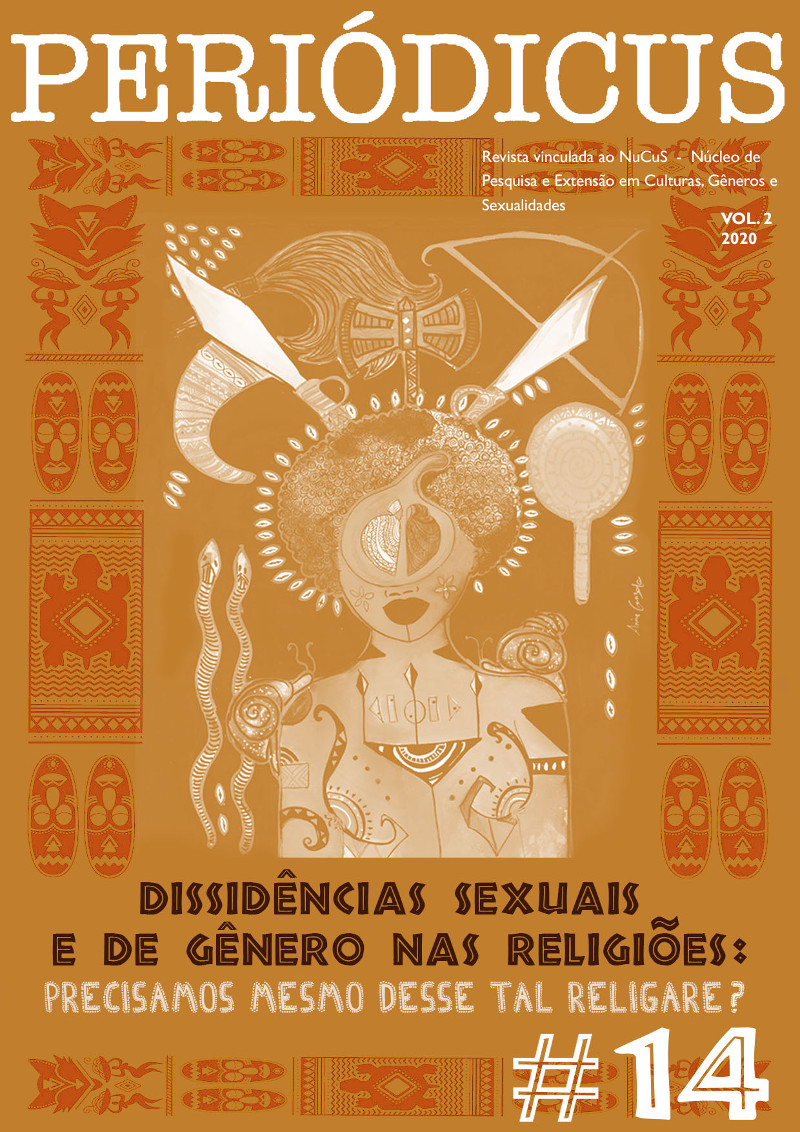The future is kid stuff: queer theory, desidentification and the death drive
DOI:
https://doi.org/10.9771/peri.v2i14.44273Abstract
Abstract: In this essay, Lee Edelman builds on Lacanian psychoanalysis and deconstruction to outline a radicallynegative ethics for queer theory. His main target is the all-pervasive figure of the Child, which he reads as the linchpin
of our universal politics of “reproductive futurism.” Edelman argues that the Child, understood as innocence in need of
protection, represents the promise of a future against which the queer is positioned as the embodiment of a relentlessly
narcissistic, antisocial, and future negating drive. He boldly insists that the efficacy of queerness lies in its very
willingness to embrace this refusal of the social and political order, which is materialized through irony, jouissance,
and, ultimately, the death drive itself.
Keywords: Queer theory. Psychoanalysis. Childhood.
Downloads
Downloads
Published
How to Cite
Issue
Section
License
Copyright (c) 2021 Marcelo de Troi

This work is licensed under a Creative Commons Attribution-NonCommercial 4.0 International License.
Autores que publicam nesta revista concordam com os seguintes termos:
Autores mantêm os direitos autorais e concedem à revista o direito de primeira publicação, com o trabalho simultaneamente licenciado sob Licença Creative Commons Attribution Noncommercial que permite o compartilhamento do trabalho com reconhecimento da autoria e publicação inicial nesta revista, sendo vedado o uso com fins comerciais.
Autores têm autorização para assumir contratos adicionais separadamente, para distribuição não-exclusiva da versão do trabalho publicada nesta revista (ex.: publicar em repositório institucional ou como capítulo de livro), com reconhecimento de autoria e publicação inicial nesta revista.
Autores têm permissão e são estimulados a publicar e distribuir seu trabalho online (ex.: em repositórios institucionais ou na sua página pessoal) a qualquer ponto antes ou durante o processo editorial, já que isso pode gerar alterações produtivas, bem como aumentar o impacto e a citação do trabalho publicado (Veja O Efeito do Acesso Livre).







